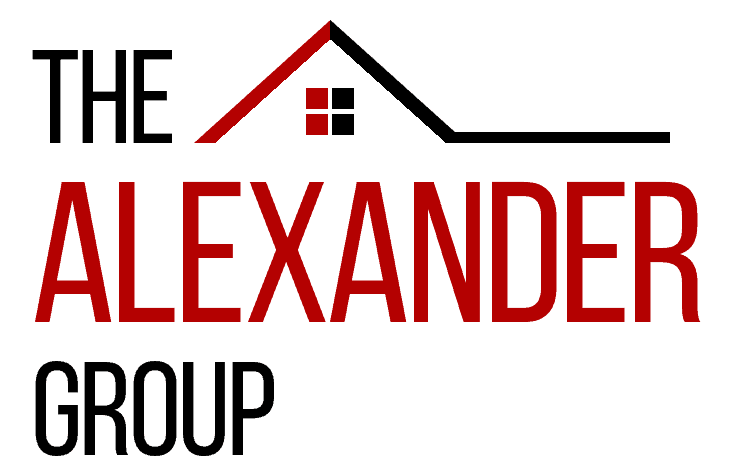You’ve likely heard the buzz about refinancing in the news—rates are low, and everyone seems to be doing it. But if you’re not exactly sure when refinancing is a good idea and when it’s not, you may feel a little bit confused about whether or not you should get in touch with your lender.
So, let’s look at the reasons why you should consider refinancing. First, a note: a refinance is a new mortgage that replaces your old one, and it comes with closing costs (1 to 3% of the principal amount, on average). No matter what your reason for refinancing is, if you’re not going to be in a home for very long, it likely doesn’t make sense to refinance because you won’t break even on the cost.
To calculate your breakeven point, look at your monthly savings and figure out how long it will take that savings to equal your closing costs. If you’re going to stay in the home for less time than it takes to break even, don’t refinance.
Reason #1. Your New Interest Rate is at Least 1% Lower Than Your Old One
Lowering your monthly payment is the most obvious reason to refinance, and it’s the thing people think of first. And why not? If you can lower your monthly out-of-pocket payment by getting a lower interest rate, why wouldn’t you?
The general rule of thumb is that it makes sense to refinance if your new interest rate is around 1% lower than your current interest rate. However, this can vary depending on your loan amount. A 1% savings is a much bigger deal on a $400,000 loan than it is on a $100,000 loan.
Reason #2. You Can Reduce or Eliminate PMI
If you’re paying private mortgage insurance (PMI) right now, it might be worth refinancing. If you put less than 20% down on a conventional loan, you likely pay a mortgage insurance premium when you make your monthly payment. PMI doesn’t automatically drop off until you’re down to owing 78% of what your home was worth when you bought it.
If you got an FHA loan within the last few years, you’re paying a monthly PMI premium for the life of the loan. The only way to get rid of that is to refinance to a conventional loan.
If your home has appreciated substantially since you purchased it, a refinance may be able to lower or eliminate your PMI. However, you can also get rid of PMI on a conventional loan with a new appraisal, which may make more sense than a refinance. Talk to your lender if you’re not sure what the best option for your situation is.
Reason #3. You’re Changing Loan Types
If you currently have an adjustable-rate loan (these are loans that have a fixed interest rate for a set number of years—often 5—and then rates adjust every year after that on a set schedule), you may want to refinance to a fixed-rate loan.
This is true even if you currently have a lower interest rate than you would with a fixed-rate loan because there’s no telling what rates will do in the future or what your monthly payment could look like. This is especially worth looking into if you’re planning to live in your home for a long time.
Reason #4. You Want to Cash Out on Your Home’s Equity
If you have a lot of equity in your home, did you know you can actually turn that equity into cash? If you want to go this route, it’s important to talk to a financial planner about the ramifications of taking on more debt. A cash-out refinance can make a lot sense if you’re going to put the money back into your home through updates and renovations.
Another reason it makes sense to cash out equity in your home is for debt consolidation. Pretty much all debt comes with higher interest rates than mortgage debt does, so if you’re going to get cash out of your home to get rid of credit card debt or other high-interest debt, a refinance can be really smart. Again, it’s important to consult with a financial planner to understand the ramifications of doing so.
Reason #5. Reduce Loan Term
Last but not least, shortening your loan term with a refinance is a good move. With rates as low as they are right now, you may be able to refinance your current loan to a loan with a much shorter term—go from 30 years to 15, for instance—without a huge change in your monthly payment.
Even though your monthly payment will likely increase, you’ll build up equity in your home much faster because substantially less of your monthly payment will be going towards interest. And you’re not limited to a 15- or 30-year loan. Lenders can do oddball loans that help you get the term and payment that’s best for your unique situation.
If you need a referral for a lender I trust to help you with a refinance, just give me a call at (765) 543-5947, and I’ll get you a recommendation right away.

